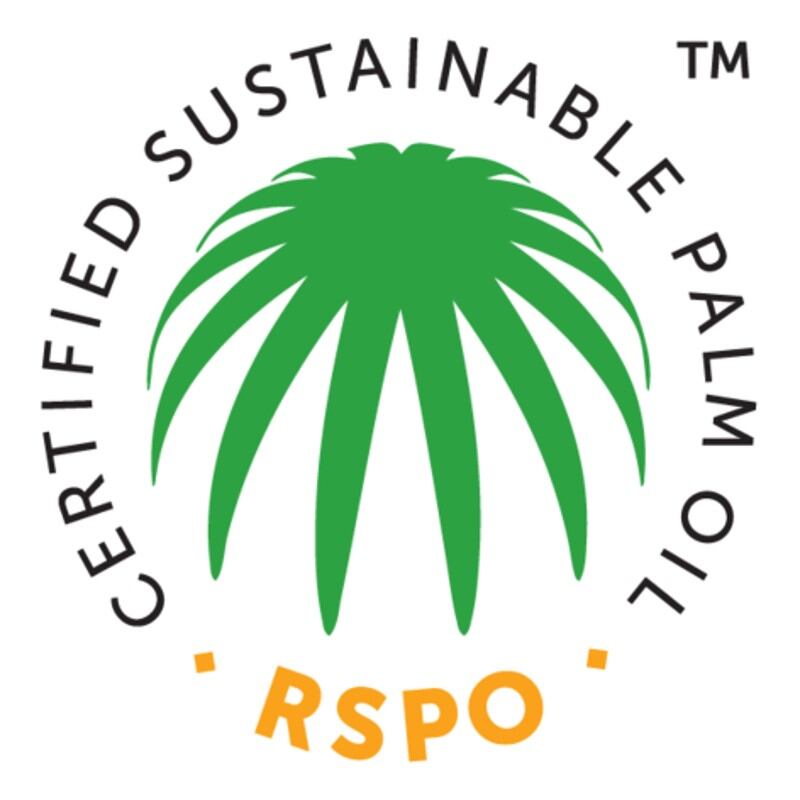India has traditionally been a ‘no-GMO’ country particularly when it comes to the food sector, with this being reinforced in 2021 with the announcement of a long list of foods requiring GM-Free certificates, covering many major food commodities from rice to beans to fruits and vegetables and more.
Although this has been the stance of the government for some years, things seem to be evolving as most recently in October 2022 the local Genetic Engineering Appraisal Committee (GEAC) housed under the Ministry of Environment, Forest and Climate Change India made the historic decision to allow for open-fiend evaluation of GM mustard, a first in the country.
According to University of Delhi’s Professor Deepak Pental, the creator of the GM mustard variant DMH-11, the crop has already undergone the necessary food safety testing but environmentalists have filed various petitions against this, going so far as to take the GEAC to court over this issue.
“[A key factor behind this decision is that] increased domestic production of edible oil due to deployment of GM mustard hybrids will reduce [India’s] dependency on other exporting countries,” the government said via a formal statement to the Supreme Court.
““The present rate of edible oil consumption in India surpasses the domestic production rate and, at present, India meets nearly 55% to 60% of its edible oil demand through imports.”
In addition to the food security reasoning, India’s demand for GM-Free certificates has caused it a great amount of strife in the international trade community, having been brought in front of the World Trade Organisation (WTO) several times over this.
In the WTO November 2022 SPS (Sanitary and Phytosanitary Measures) Committee meeting discussing India’s requirement for GM-Free certificates – tagged as Specific Trade Concern 501 – the United States reopened its complaint that India’s actions had negatively impacted US exports to the country such as apples and rice.
“Despite numerous requests from the United States and multiple trading partners, India has provided neither scientific justification nor a risk assessment supporting this measure,” the US stated via its complaint document.
“India has previously asserted that the order is not trade restrictive and cited both the compliance of various trading partners and the lack of approvals for [GM products] by its Genetic Engineering Appraisal Committee as evidence.
“The United States stresses that [these] do not provide appropriate or adequate justification for the Order, but rather highlight the negative impacts on trade and inefficient biosafety regulation in India.
“[We wish to] urge India to immediately withdraw this temporary measure in favour of an alternative approach that is less trade-restrictive and more consistent with international best practices.”
Are the tides changing?
This time, it appears that India may be more receptive to the idea as local food authority Food Safety and Standards Authority of India (FSSAI) has published a fresh set of draft regulations regarding GM foods, and instead of the various bans previously set out the it is now looking at procedures to grant approvals to applicants that abide by its standards.
“No person shall manufacture, pack, store, sell, market or otherwise distribute or import any food or food ingredient produced from GMOs, except with the prior approval of [FSSAI] – the food manufacturer of importer of any GM-food must submit an application as per the format prescribed by FSSAI along with necessary documents and fee to [obtain this approval],” FSSAI CEO S Gopalakrishnan said via a formal statement.
“FSSAI shall verify that the particulars and documents submitted by the applicant are in accordance with the information sought and examine whether the food is safe for human consumption.
“[We] shall endeavour to respect a time limit not exceeding six months from the receipt of a valid application.
“GMOs with a ‘Unique Identifier Nine-digit Code’ of the Organisation for Economic Cooperation and Development (OECD) that is approved for food use by FSSAI will require no further approvals. However, if it is to be used as seed or other plant-propagating material, approval is required from GEAC.”
No blanket bans of any food items were mentioned in the new draft regulations, although all GM-foods are still required to carry the label ‘Contains genetically modified organisms’ on the front of all pre-packaged products if the product contains 1% or more of GM ingredients.
It is also apparent that India’s motivation for this reconsideration is in light of trade concerns, as in its announcement of its draft regulations on the website it specifically highlighted that these were to invite comments or suggestions from member countries in the WTO-SPS committee or the WTO-TBT (Technical Barriers to Trade) agreement.
The draft regulations are open for public comment until January 20 2023. All comments can be directed here.





